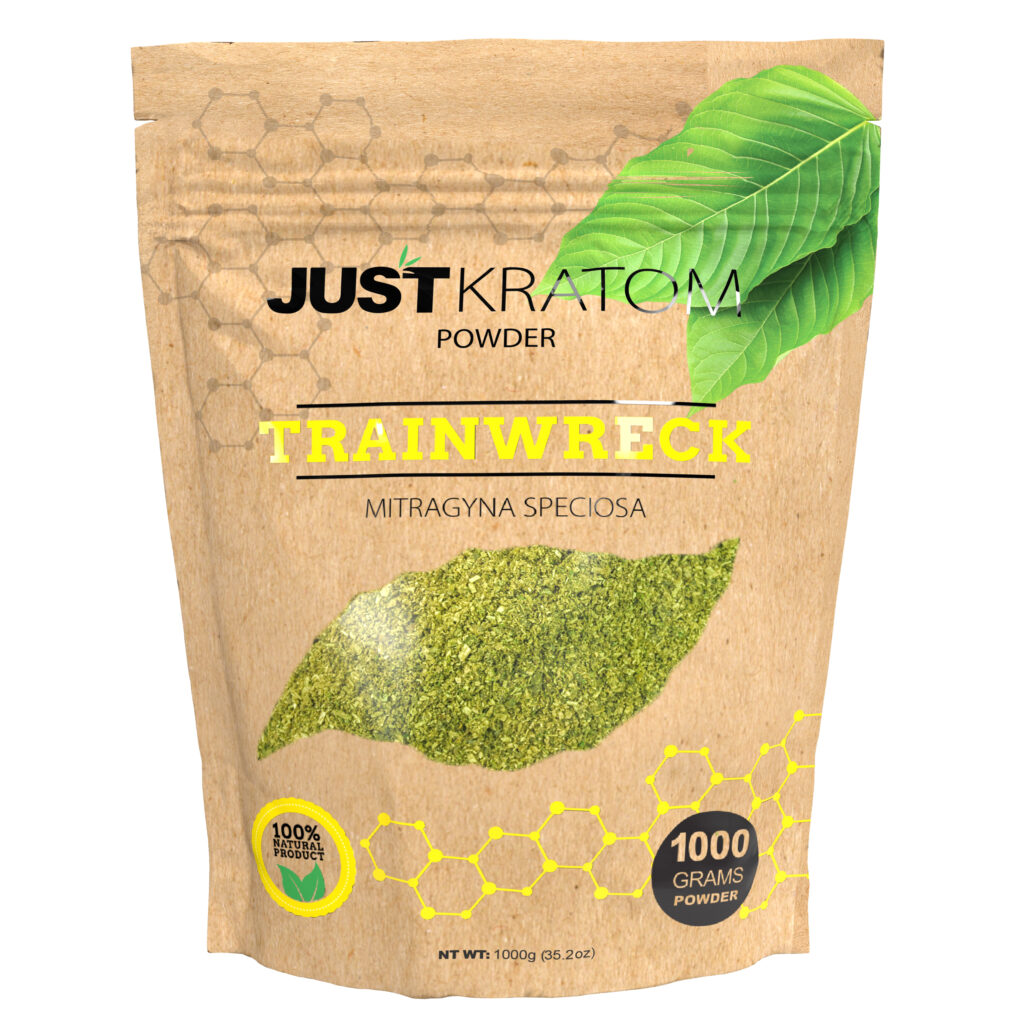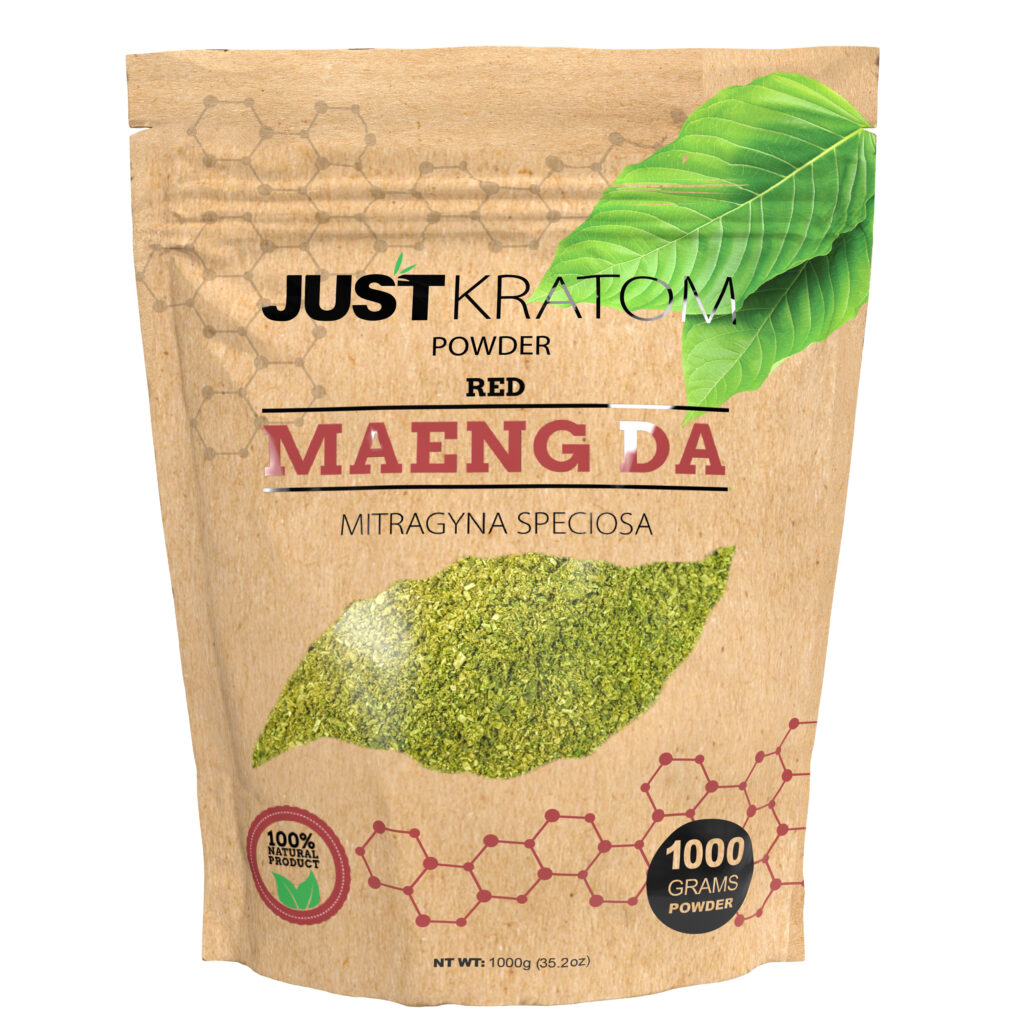How Kratom Powder Interacts With The Body’s Endorphin System
Endorphin Release
Endorphins are powerful neurochemicals produced naturally by the body, acting as internal analgesics and mood elevators. These hormone-like substances bind to opioid receptors in the brain, triggering a cascade of effects that reduce pain perception, induce feelings of euphoria, and promote relaxation.
Mechanism of Action
Kratom’s interaction with the endorphin system is complex and not fully understood. While kratom does not directly stimulate endorphin release like opioids do, it appears to influence their activity indirectly. Research suggests that kratom alkaloids, particularly mitragynine and 7-hydroxymitragynine, may modulate the activity of opioid receptors in the brain. This modulation can lead to changes in pain perception, mood, and other effects associated with endorphin function.
It is believed that kratom might increase the sensitivity of opioid receptors, enhancing the effects of naturally produced endorphins. Additionally, kratom may influence neurotransmitters involved in pain signaling pathways, further contributing to its analgesic properties. However, more research is needed to fully elucidate the precise mechanisms by which kratom interacts with the endorphin system.
Factors Influencing Endorphin Release
Several factors can influence endorphin release. Exercise, especially aerobic activity like running or swimming, is a well-known trigger for endorphin production. Stressful or painful situations can also lead to an increase in endorphins as the body attempts to cope with discomfort. Other factors include laughter, listening to music, and social interaction.
Certain medications, such as antidepressants and some painkillers, can also influence endorphin levels by affecting their production or activity. It’s important to note that individual responses to these triggers can vary depending on genetics, lifestyle, and overall health.
Effects on the Body
Endorphins play a crucial role in the body’s response to pain and stress. These natural compounds act as powerful analgesics and mood elevators, binding to opioid receptors in the brain and triggering a cascade of physiological effects that promote feelings of well-being and reduce pain perception.
Pain Management
Kratom appears to influence endorphin activity indirectly rather than directly stimulating their release like opioids. Research suggests kratom alkaloids may modulate the activity of opioid receptors in the brain, leading to changes in pain perception, mood, and other effects associated with endorphin function.
It is believed that kratom might increase the sensitivity of opioid receptors, enhancing the effects of naturally produced endorphins. Additionally, kratom may influence neurotransmitters involved in pain signaling pathways, further contributing to its analgesic properties.
Mood Elevation
Kratom’s interaction with the body’s endorphin system can lead to mood elevation. While kratom doesn’t directly stimulate endorphin release like opioids, research suggests that its alkaloids, particularly mitragynine and 7-hydroxymitragynine, may modulate opioid receptors in the brain.
This modulation can result in changes in pain perception, mood, and other effects associated with endorphin activity. Kratom might increase the sensitivity of opioid receptors, enhancing the effects of naturally produced endorphins.
Additionally, kratom may influence neurotransmitters involved in pain signaling pathways, further contributing to its potential mood-elevating effects.
Energy Enhancement

Kratom’s interaction with the body’s endorphin system can lead to increased energy. While not a direct stimulant, kratom appears to enhance the effects of naturally produced endorphins. This increase in endorphin activity can contribute to feelings of alertness and increased energy levels.
The mechanism behind this effect is thought to involve kratom alkaloids modulating opioid receptors in the brain. This modulation may lead to changes in neurotransmitter activity, ultimately influencing energy production and utilization within the body.
Potential Risks and Considerations
Understanding the potential risks and considerations associated with any substance, especially one like kratom, is crucial for informed use. While kratom has gained attention for its reported effects on mood, pain perception, and energy levels, it’s essential to be aware of the complexities surrounding its interaction with the body’s intricate systems.
Tolerance and Dependence
Kratom, like any substance that interacts with the body’s natural systems, carries potential risks and considerations. While some individuals may experience beneficial effects, others could encounter adverse reactions or develop dependence. Tolerance can develop with continued use, requiring higher doses to achieve the desired effects.
Dependence, both physical and psychological, is a concern with kratom use. Chronic use can lead to withdrawal symptoms such as anxiety, irritability, insomnia, and muscle aches when kratom consumption is stopped. Long-term effects of kratom use are not fully understood due to limited research.
Individuals with pre-existing medical conditions, especially those related to the nervous system or substance abuse disorders, should exercise caution and consult with a healthcare professional before using kratom.
Withdrawal Symptoms

Kratom’s interaction with the body’s endorphin system can lead to dependence. Regular use can lead to tolerance, meaning higher doses are needed to achieve the desired effects. Physical and psychological dependence can develop, resulting in withdrawal symptoms upon cessation of kratom use.
Withdrawal symptoms may include anxiety, irritability, insomnia, muscle aches, and gastrointestinal distress.
It is important to note that kratom’s long-term effects are not fully understood due to limited research.
Interactions with Other Substances
Kratom can interact with various substances, potentially leading to unpredictable effects. It’s crucial to avoid combining kratom with alcohol or other central nervous system depressants, as this combination can increase the risk of sedation, respiratory depression, and overdose.
Similarly, combining kratom with medications that affect serotonin levels, such as antidepressants or certain migraine medications, may lead to serotonin syndrome, a potentially dangerous condition characterized by agitation, confusion, rapid heartbeat, and muscle rigidity.
It is essential to consult with a healthcare professional before using kratom if you are taking any other medications, including over-the-counter drugs and supplements. They can help assess potential interactions and advise on safe usage.
Just Kratom – Order your Kratom Powder today
- How Kratom Powder Interacts With The Body’s Endorphin System - May 16, 2025
- Profhilo Treatment Near Wallington, Surrey - May 16, 2025
- The Complexities Of Sexual Consent And How To Ensure Clear Communication - May 15, 2025
